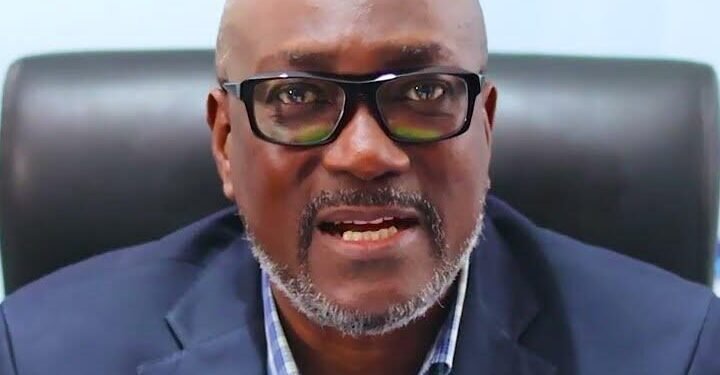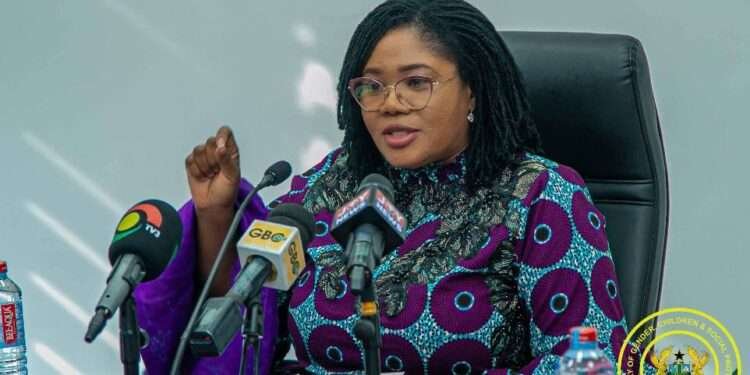Two Ugandan TikTok content creators are facing charges of insulting President Yoweri Museveni, First Lady Janet Museveni, and their son, Gen. Muhoozi Kainerugaba.
The court ordered 21-year-old David Ssengozi, known online as Lucky Choice, and 28-year-old Isaiah Ssekagiri to be detained in Kigo prison until their next court appearance.
Magistrate Stella Maris Amabilis announced the remand, stating, “You will come back on the 13 November, when the case will come up for mention. You are remanded at Kigo prison till then.” Both Ssengozi and Ssekagiri denied the charges when they appeared in court.
Allegations of Malicious Content
Prosecutors allege that Ssengozi and Ssekagiri, alongside co-accused Julius Tayebwa, 19, who had already been detained for related offenses, disseminated content on TikTok to “ridicule, degrade, demean, and promote hostility” against the first family and individuals connected to the ruling National Resistance Movement (NRM).
In September, police spokesperson Rusoke Kituuma issued a warning that insulting President Museveni, whom he described as the “fountain of honor,” constituted an offense.
He referenced a TikToker named Lucky Choice as an individual under investigation. This TikToker was later arrested, though it remains unclear which specific post triggered the action.

One notable video from April, titled “My First Enemies,” was posted on the TikTok account LuckyChoice70. The video reportedly contained explicit criticism of the first family.
A Growing Pattern of Restrictions
The incident follows a growing trend of government crackdowns on dissent and online speech in Uganda. In July, a 24-year-old was sentenced to six years in prison after pleading guilty to insulting President Museveni and his family on TikTok.
The man expressed remorse and requested forgiveness but was nevertheless handed a substantial sentence.
Critics argue that these detentions reflect broader attempts to curtail freedom of expression in the East African nation.
The U.S. government, in a report last year, accused Uganda of imposing restrictions on internet freedom and using criminal penalties to silence dissent. Human rights organizations routinely condemn the Ugandan authorities for human rights violations, particularly concerning free speech.
The high-profile case of Ugandan author and satirist Kakwenza Rukirabashaija further highlighted these concerns. In 2022, Rukirabashaija was charged with “offensive communication” for posting disparaging remarks about President Museveni and Gen. Muhoozi Kainerugaba on Twitter. After spending a month in jail, during which he claimed to have been tortured, Rukirabashaija fled to Germany.
Reactions and Implications
Rights advocates worry that such cases are stifling critical voices and fostering a culture of fear among citizens and content creators. The arrest of Ssengozi and Ssekagiri signals that even online platforms, often viewed as spaces for open discourse, are being closely monitored by authorities.
Critics have raised concerns about the broader implications for freedom of expression and political dissent.
Despite these criticisms, officials defend their stance as necessary to maintain respect and order. The government argues that defaming public figures and promoting hostility destabilizes the nation and spreads harmful rhetoric.
While the case unfolds, international attention remains fixed on Uganda’s approach to digital expression and human rights. The actions taken in cases like these could shape the landscape of free speech and dissent in the country for years to come.
READ ALSO: Quest For Peace Under Trump Administration Begins























